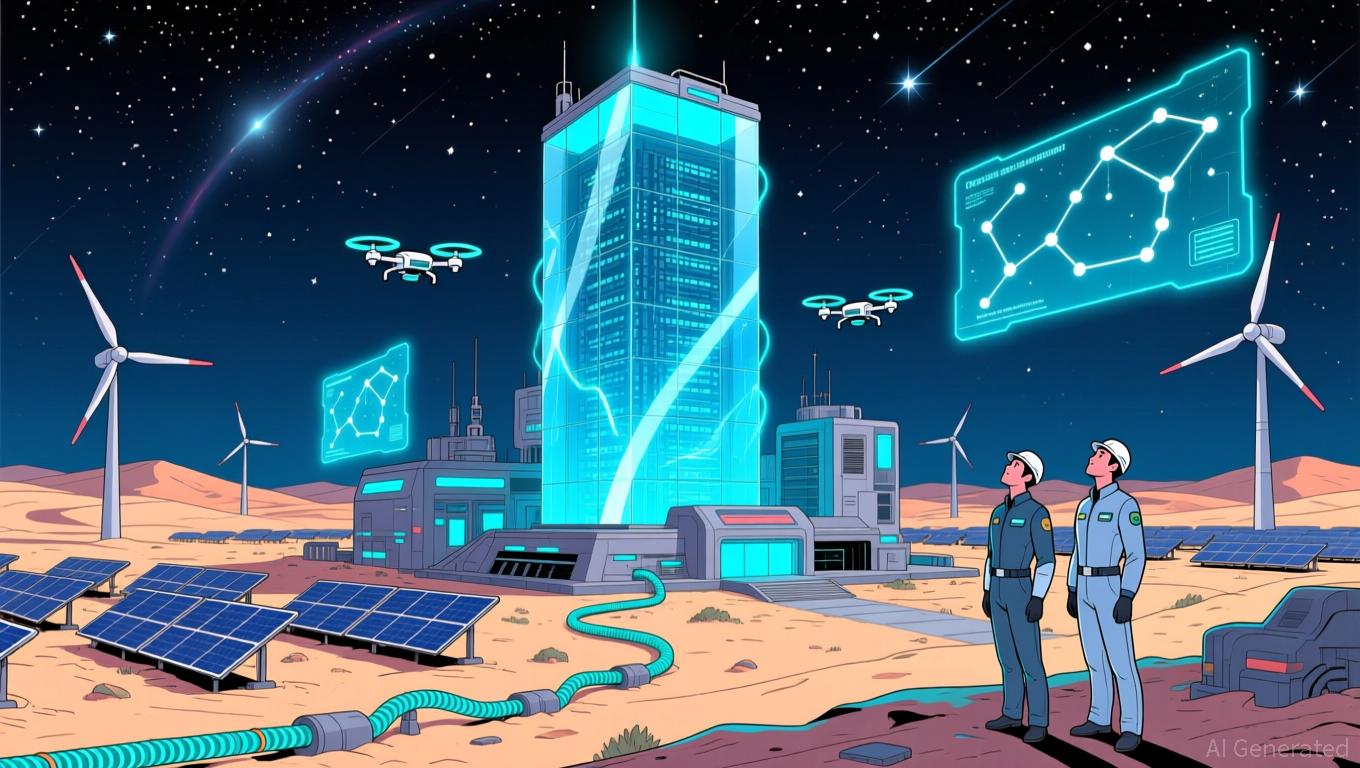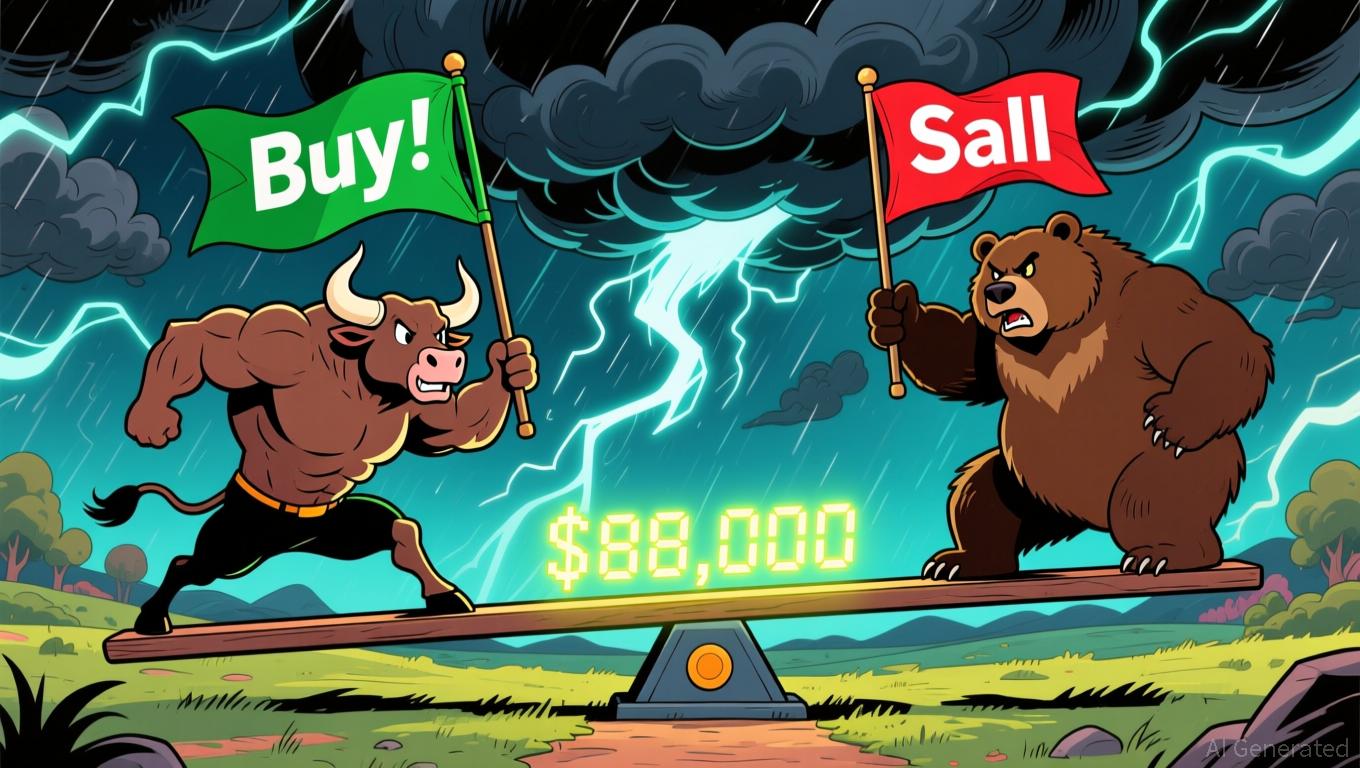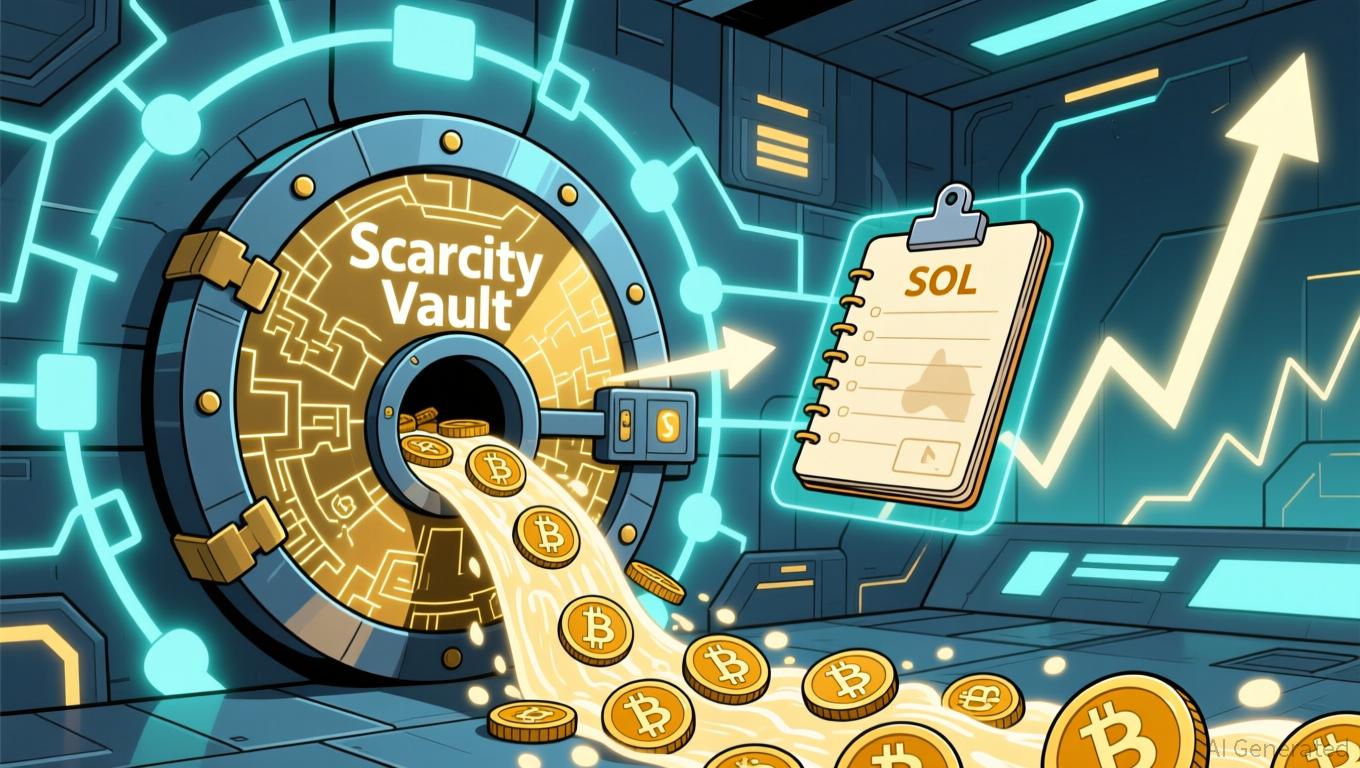Stargate’s AI Strategy: Safeguarding the Nation or Raising Antitrust Concerns?
- Stargate, a $500B AI joint venture led by OpenAI, Oracle , and Nvidia , aims to consolidate computing power across seven gigawatt data centers in the U.S. and UAE. - Yale scholar Madhavi Singh warns the alliance violates antitrust laws by merging fierce competitors, risking cartel-like behavior and stifling innovation in chips and cloud services. - Critics argue Stargate eliminates competition in key AI sectors, while the Trump administration and lawmakers praise it as a strategic move to counter China,
AI Competitors Join Forces on Stargate Project Amid Monopoly Fears as Yale Expert Raises Red Flags
A partnership among leading AI companies—including OpenAI,
The Stargate alliance brings together six major AI industry players, many of whom have overlapping or conflicting interests. For example, Oracle and OpenAI have previously competed for cloud service contracts, while Nvidia leads the GPU sector and

Singh’s research points to the danger of “cartel-like conduct,” where partners may coordinate pricing or share proprietary technology to remove competition. For instance, Oracle’s previous strategy of underpricing Microsoft in cloud services could disappear if both companies now cooperate within Stargate. Likewise, Microsoft’s efforts to develop its own GPUs to rival Nvidia may lose momentum if they work together under this alliance.
Despite these warnings, Stargate has encountered little pushback from regulators or politicians. The Trump administration has promoted the project as a key asset in the U.S.-China technology competition, and lawmakers such as Sen. Ted Cruz have called it a blueprint for “winning the AI race.” Even the FTC, which blocked Nvidia’s 2021 attempt to acquire Arm over monopoly concerns, has not commented on Stargate.
Globally, Stargate’s influence is growing. South Korea has recently agreed to work with the UAE’s Stargate AI campus, a five-gigawatt project led by Abu Dhabi’s MGX and U.S. collaborators like OpenAI and Nvidia.
The scale of Stargate—on par with the combined costs of the International Space Station and Saudi Arabia’s King Abdullah Economic City—has fueled further debate about its future effects. Singh argues that the project’s setup, which concentrates authority among a few corporations, could cement monopolies in the chip and cloud markets, where dominance is already significant. “This isn’t just about current competition,” she explains. “It’s about securing control for generations to come.”
As the global AI race intensifies, the Stargate story highlights a larger question: Can governments promote national security and economic growth without undermining the competitive forces that have historically driven innovation? For now, the answer is as unclear as the project’s internal decision-making.
Disclaimer: The content of this article solely reflects the author's opinion and does not represent the platform in any capacity. This article is not intended to serve as a reference for making investment decisions.
You may also like
Bitcoin Updates: Major Investors Acquire Assets Amid Strengthening Bearish Indicators
- Institutional investors like Ark Invest boost crypto equity holdings amid market dips, betting on long-term resilience despite bearish signals. - Derive.xyz data and ETF outflows highlight growing bearish sentiment, with 50% odds of Bitcoin below $90,000 by 2025 and record $3.79B November outflows. - Synthetic liquidity risks emerge as 90% of Bitcoin's market depth relies on leveraged positions, exacerbated by yen-strengthening and forced liquidations. - Galaxy Digital's hybrid infrastructure model and E

Solana News Today: Solana’s Bold Bet on Scarcity: Will Reducing Supply Ignite a Price Rally?
- Solana accelerates disinflation to create scarcity, reducing future supply by 22M SOL. - This aims to stabilize value by limiting new tokens, aligning with deflationary market trends. - ETF inflows boost institutional interest, but retail participation remains low. - Market reactions are mixed, with optimism about price growth and caution on execution risks.

Port3 Network token crashes over 80% on reports of possible exploit

Alleged Jensen Huang Quote Lacks Official Verification